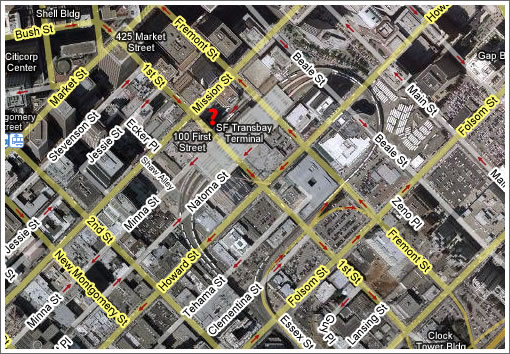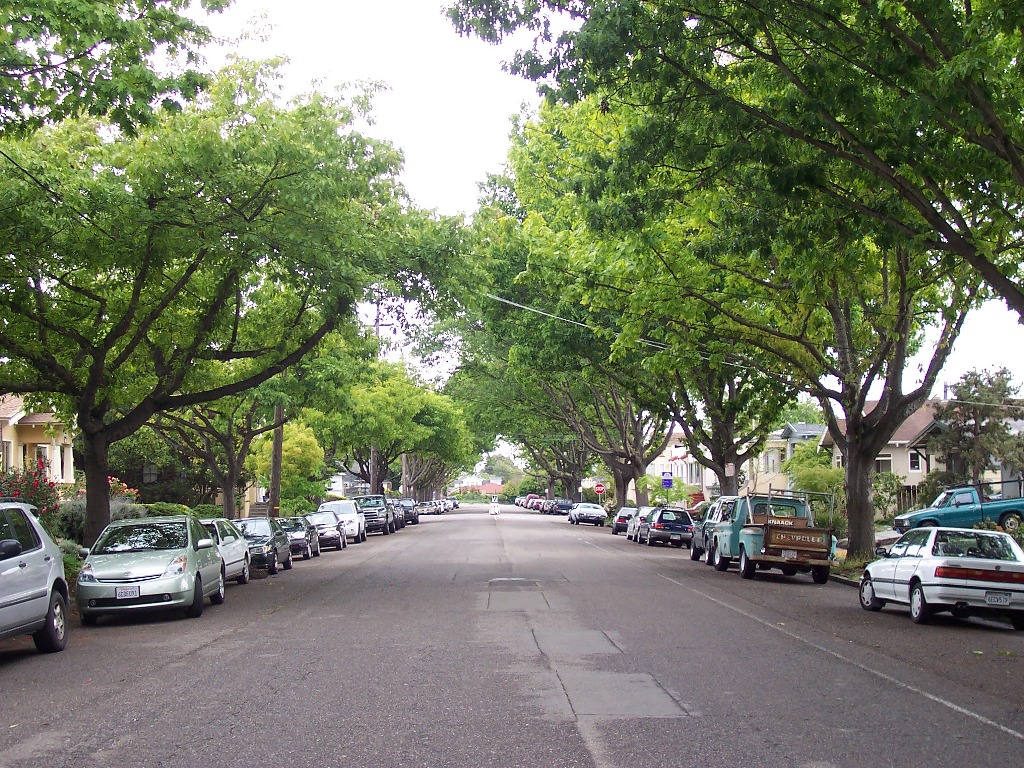The Neo-Neighborhood (Minus Culture)
Boston, and New England in general, has a lot to be proud of as it relates to early American history. Massachusetts housed one of the first settlements of what would become colonial America in Plymouth Plantation, and some of this country’s early, civil libertarian leaders and even Presidents came from Massachusetts. This nation was chock full of great scholars in the late 1700s as men of means (both material wealth and ideas) formulated the attitude of a nation that was ready to outgrow its colonial roots.
 Recently, though, it seems the only traditions that survive here are those of political corruption and labor union gladhanding. So when we read a story like the one noted below, we realize that some residents of “Neighborhood X” want to retain a level of neighborhood identity in today’s crazy modern world, but it’s all so much smoke and mirrors due to the lack of any real cultural identity left in the city.:
Recently, though, it seems the only traditions that survive here are those of political corruption and labor union gladhanding. So when we read a story like the one noted below, we realize that some residents of “Neighborhood X” want to retain a level of neighborhood identity in today’s crazy modern world, but it’s all so much smoke and mirrors due to the lack of any real cultural identity left in the city.:
In past centuries, Bostonians felt a strong alliance to their entire neighborhood, but they also had other strong points of identity such as parishes, streets, and blocks, said James Green, who teaches history at the University of Massachusetts at Boston.
“For a lot of people, the whole association of certain neighborhoods in the media and in popular perception with poverty and crime is something that people may want to disassociate themselves with,’’ Green said. “But I don’t know that was so true in the Old Boston.”
“We are not trying to annex ourselves onto any neighborhood,’’ said Gleason. “We are creating our own identity.”
[+|Boston.com]
The writer doesn’t make mention of immigrant waves/classes from generations past, nor the sequence of events which led to many of them seeking better pastures in the suburbs. Immigrant classes stuck together in their new nation and built nice communities which were mostly self-governed (as government and police were distrusted by most of them). Some corruption existed, of course, but nothing like that which one would have seen at the levels of city and state government at the time, which seems to suggest that people are better off living with those with which they have more in common.
Once economic prosperity was available to the consumer masses, including the quaint immigrant classes with their cultural festivals, excellent food, and neighborhood  identity, people began to grab at what they could…it took hard work for sure, but the end result of “let’s start a business” was not “so I can support my neighborhood” but more the flavor of, “so I can have a nice house in the suburbs no matter who I live next to”.
identity, people began to grab at what they could…it took hard work for sure, but the end result of “let’s start a business” was not “so I can support my neighborhood” but more the flavor of, “so I can have a nice house in the suburbs no matter who I live next to”.
These neighborhoods that once had some type of identity saw the people who created that identity leave. The people left now fall into two distinct categories in cities like Boston: the ones who didn’t grab the proverbial economic bull by the horns (or their descendants) to make enough money to leave, and the ones who moved in after rent control was lifted. Instead of a community of homogeneous culture, you have a mixture of the occasional ethnic restaurant owner or worker and yuppies who bought a new condo in that old loft or church that was renovated.
These yuppies are the ones who are suddenly concerned about neighborhood identity, because without culture, violence & chaos grows, and people want to feel like they are creating something or are part of something more important than just another concrete street with buildings and a few neighbors to whom you occasionally say hello (or alternatively, fight with over parking spots). Ironically, they are missing the entire cultural identity behind which neighborhoods are formed in the first place. So, status climbing takes hold, and in place of a country’s flag, these people hold up neighborhood corners with overpriced bottegas as places to be proud of, instead of remembering that it’s the people with whom you live, build, and create things that lends itself to true cultural identity.
Tags: class war, consumerism, tradition









